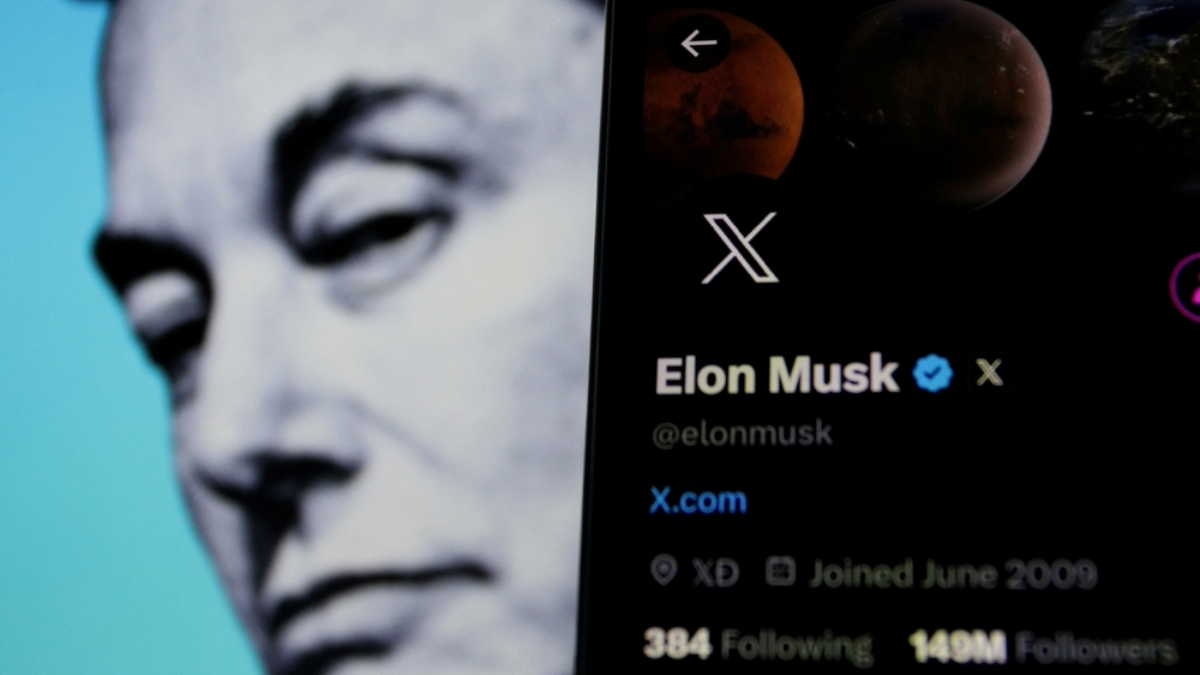Understanding the EU's Digital Services Act Enforcement Against X
Ramsha Jahangir / Apr 5, 2025The Elon Musk-owned social media app, X, is reportedly facing the first penalties under the European Union's landmark Digital Services Act (DSA), according to a New York Times report. The potential penalties, expected to be announced this summer, come after a Commission investigation launched in December 2023 into how the platform tackles the spread of illegal content and information manipulation.
The Times report suggests that the impending penalties will likely include a significant fine and demands for specific product changes to address identified shortcomings in X's content moderation and algorithmic transparency.
Adding a layer of geopolitical complexity, the report on these looming penalties was published just a day after the Trump administration announced new tariffs on dozens of countries, including major European trade partners. This timing has ignited concerns among some observers that the EU's actions against X could further escalate the ongoing tension between the EU and the US.
Here's a look back at the brewing conflict surrounding the DSA enforcement against X:
How it started
Following the Hamas attack in Israel in October 2023, the European Commission sent X a request for information under the DSA regarding “the alleged spreading of illegal content and disinformation, in particular the spreading of terrorist and violent content and hate speech.”
X was first asked to give the Commission information on how its crisis response protocol was activated and worked, as well as its policies and actions on illegal content notices, complaint handling, risk assessment, and steps taken to mitigate the risks identified.
On December 18, 2023, the Commission opened formal proceedings to assess whether X may have breached the DSA in areas linked to the dissemination of illegal content, the effectiveness of the measures taken to combat information manipulation, for which the investigation continues, dark patterns, advertising transparency, and data access for researchers.
Last year, preliminary findings indicated that X was in breach of the DSA in areas concerning dark patterns, advertising transparency, and data access for researchers. This conclusion was based on an in-depth investigation that included analyzing internal company documents, interviewing experts, and collaborating with national Digital Services Coordinators.
The European Commission intensified its investigation into X's content moderation practices earlier this year by demanding internal documents related to the platform's algorithms. Specifically, the EU's executive arm requested that X provide documentation about its recommender system and any recent modifications made to it.
Why is this case significant?
While the Commission has launched 10 DSA investigations, any penalties against X would break new ground, marking a significant escalation in the EU's efforts to ensure large online platforms are accountable for the content and risks they facilitate.
“The European Commission’s DSA investigation is significant for a number of reasons,” said Joris van Hoboken, an Associate Professor at the Institute for Information Law (IViR), Faculty of Law, University of Amsterdam. First, it is clear that since the takeover and restructuring of Twitter by Elon Musk, X is doing the opposite of making progress on caring for user’s fundamental rights and issues of illegal content and harm on the platform.”
Well before other tech company owners voiced their DSA reservations, Musk consistently labeled the DSA as a "censorship tool.” In response to reports about a potential fine, the company claimed enforcement would “represent an unprecedented act of political censorship and an attack on free speech.” Musk's long-standing opposition to the DSA is compounded by the US administration’s pledge to strongly advocate for US businesses and oppose any perceived "unfair" foreign regulations. Last month, the newly appointed chairman of the US Federal Communications Commission (FCC) said the DSA is “incompatible with America’s free speech tradition.”
“If X is allowed to get away with that strategy, it will put the whole regulatory framework into question from the start,” said Hoboken. “Elon Musk is specifically questioning the legitimacy of the framework, and he is doing that using political leverage in the Trump administration and other hard-right political networks, bullying tactics, direct attacks on European policymakers, and activation of a large follower base, spreading lies and misconceptions about the legal framework in the process,” he added.
What happens next?
Under the DSA, the procedural steps for enforcement are well-defined and previously detailed in Tech Policy Press:
- If a Very Large Online Platform (VLOP) or Search Engine (VLOSE) is found in violation of the DSA, the European Commission would have to notify the company of the infringement (i.e., illegal content) and then provide a “reasonable period” for the company to remedy it. What constitutes a reasonable period is left undefined.
- The noncompliant VLOP or VLOSE must then draw up an action plan for the Commission on how it will address its infringement. If the action plan is insufficient or poorly implemented, the company may face penalties, including fines of up to six percent of its total worldwide annual turnover or periodic penalty payments. The penalties must take into account whether a service systematically or recurrently failed to comply with its DSA obligations. These penalties can be appealed.
- The Commission can also ask the Member State where the provider is mainly located to get involved. The national regulatory body would, again, ask the platform or search engine to come up with an action plan to address the infringement. If the platform does not cooperate within the time limits provided, the regulator can request its national judicial or administrative authorities to order an intermediary to act on the infringement.
- As a last resort, noncompliance with a judicial or administrative order could result in a VLOP or VLOSE being temporarily suspended for up to four weeks. It is still, however, possible for a Member States’ Digital Services Coordinator (DSC) to “extend that period for further periods of the same lengths, subject to a maximum number of extensions set by that judicial authority.” These decisions can be appealed to the Court of Justice of the European Union.
“Notably, the DSA offers plenty of legal possibilities for X to fight for the freedom of expression rights of users. Failure to follow through on the investigation and the enforcement would put into question the ability of the European Commission to properly and duly enforce the law,” said Hoboken, adding that all relevant measures adopted would have to respect fundamental rights safeguards.
“If non-compliance persists and is of a very serious nature, there is, in theory, the possibility of imposing access restrictions through a complex procedure with significant safeguards, including judicial oversight,” he said.
Authors

